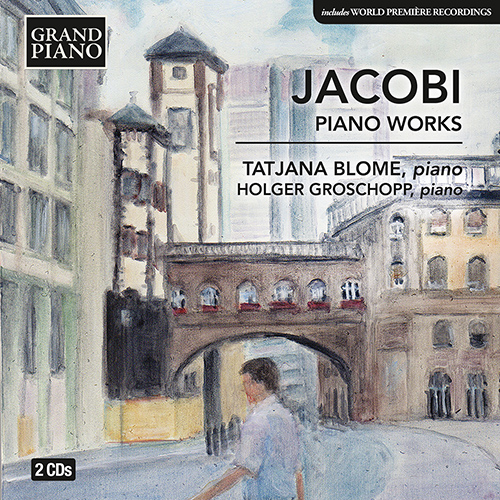
About this Release
“Wolfgang Jacobi's harmonious language is ambiguous, ranging from a smirking expressionist harmony (that can be interpreted in many ways) to a greatly reduced melodic melody, where everything unnecessary is left out. His sprawling motor-like eccentricity always evolves from a clear sense of the form of the movement. Jacobi uses traditional forms of models in all the works and fills them with unexpected and surprising ideas. His short-form dances, the more complex sonata forms, and also the music for two pianos leave the listener even more curious about a composer who is a great discovery for me.” — Tatjana Blome
JACOBI, WOLFGANG (1894–1972)
Piano Works
- Tatjana Blome, piano
- Holger Groschopp, piano
Wolfgang Jacobi is known to saxophone and accordion players, but he is otherwise largely forgotten and his wider output is still being rediscovered today. He was declared a ‘degenerate’ artist in 1930s Germany but found inspiration in Italy, alluding to Baroque styles in his Sonatas as well as in earlier works that also invoke the spirit of Reger and Grieg. Post-war freedom is reflected in the joyously neo-Classical Sonatine and charming Miniaturen, while the substantial Musik für zwei Klaviere explores the symbolism of one of J.S. Bach’s favourite chorale melodies ‘Durch Adams Fall.’
Tracklist
|
Passacaglia und Fuge, Op. 9 (1922) (00:17:22 )
|
|
1
Passacaglia: Grave * (00:12:11)
|
|
2
Fuge: Andante con moto * (00:05:13)
|
|
Suite im alten Stil, Op. 10 (1922) (00:15:43 )
|
|
3
I. Präludium * (00:02:47)
|
|
4
II. Courante: Allegro * (00:01:48)
|
|
5
III. Andantino * (00:03:03)
|
|
6
IV. Menuett: Allegretto * (00:01:46)
|
|
7
V. Sarabande: Andante * (00:03:17)
|
|
8
VI. Rigaudon: Allegro * (00:01:21)
|
|
9
VII. Gigue: Allegro * (00:01:44)
|
|
Piano Sonata No. 2 (1936) (00:11:21 )
|
|
10
I. Allegro (00:02:44)
|
|
11
II. Scherzo: Allegro (00:04:26)
|
|
12
III. Toccata: Allegro (00:04:14)
|
|
Piano Sonata No. 3 (1939) (00:19:11 )
|
|
13
I. Allegro (00:06:11)
|
|
14
II. Tranquillo (00:05:07)
|
|
15
III. Rondo: Allegro (00:07:59)
|
|
Music for 2 Pianos, "Choralvorspiel über Durch Adams Fall" (1951) (00:18:47 )
|
|
1
I. Allegro moderato (00:06:12)
|
|
2
II. Aria: Larghetto (00:06:47)
|
|
3
III. Scherzo: Allegro (00:05:49)
|
|
Miniatures for Piano 4 Hands () (00:15:14 )
|
|
4
I. Präludium: Tranquilo * (00:01:31)
|
|
5
II. Menuett: Maestoso * (00:01:35)
|
|
6
III. Scherzo: Allegretto * (00:00:49)
|
|
7
IV. Walzer: Allegro * (00:01:02)
|
|
8
V. Rondo: Allegretto * (00:01:05)
|
|
9
VI. Burletta: Allegro * (00:01:43)
|
|
10
VII. Kanon: Andantino * (00:00:48)
|
|
11
VIII. Fuge: Allegro * (00:00:45)
|
|
12
IX. Élégie: Andante * (00:00:59)
|
|
13
X. Gavotte * (00:01:32)
|
|
14
XI. Gigue: Allegro * (00:01:22)
|
|
15
XIII. Marsch: Allegro * (00:02:07)
|
|
Piano Sonatina (1968) (00:05:34 )
|
|
16
I. Allegretto (00:01:37)
|
|
17
II. Choral: Lento (00:01:38)
|
|
18
III. Menuett: Tempo di minuetto (00:02:28)
|
The Artist(s)
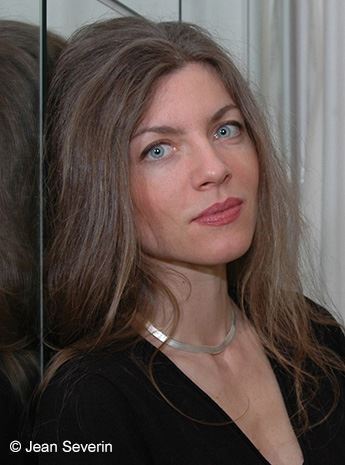
Tatjana Blome took first prize in the Steinway Competition at the age of twelve and a year later gave her first piano recital. In 1995 she made her début with Brahms’s Concerto No. 1 at the Berlin Philharmonie. She has appeared throughout Germany in recitals and as a soloist with various orchestras. She has some 70 recordings to her credit, for Deutsche Grammophon, EDA, Naxos and others. On the Grand Piano label, she has released two volumes of Gerhard Frommel’s piano sonatas [GP606 and 640] to critical acclaim, with MusicWeb International describing them as “nuanced… powerful performances” and American Record Guide finding “one thing after another to marvel at and delight in.”

Holger Groschopp’s solo career has taken him to most European countries, the Middle and Far East and North and Central Americas. He has performed as soloist at major European festivals (including Berlin, Salzburg and Montepulciano) and played chamber music with many prominent musicians. He has had a close collaboration with Claudio Abbado, Sir Simon Rattle, the Berlin Philharmonic, the DSO Berlin and the Mahler Chamber Orchestra. His six recordings released on the Capriccio label with transcriptions by Ferruccio Busoni were given the highest acclaim by a range of international critics, including highest recommendation in the BBC Music Magazine and Fanfare.
The Composer(s)
Reviews
“Tatiana Blome is a superb champion for this surprisingly powerful music. She plays with iron-clad command, lovely tonal coloring, and a strong sense for the drama of the works at hand.” – Fanfare
“This is music that should be heard and played, music that was falsely considered to be “outlawed”, which due to its very own style represents a part of German music history. It is good that Tatjana Blome devotes herself so profoundly to this music.” – Piano News

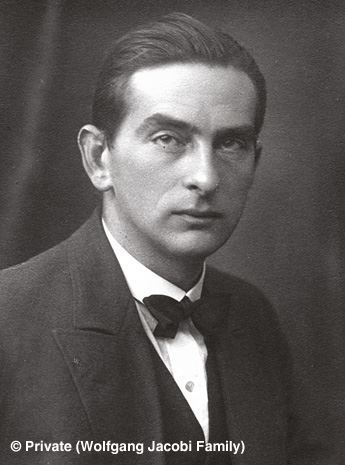
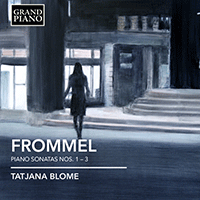
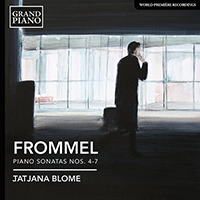
 Grand Piano has gained a reputation for producing high quality recordings of rare keyboard gems. Dedicated to the exploration of undiscovered piano repertoire, the label specialises in complete cycles of piano works by many lesser-known composers, whose output might otherwise have remained unknown and unrecorded.
Grand Piano has gained a reputation for producing high quality recordings of rare keyboard gems. Dedicated to the exploration of undiscovered piano repertoire, the label specialises in complete cycles of piano works by many lesser-known composers, whose output might otherwise have remained unknown and unrecorded.






